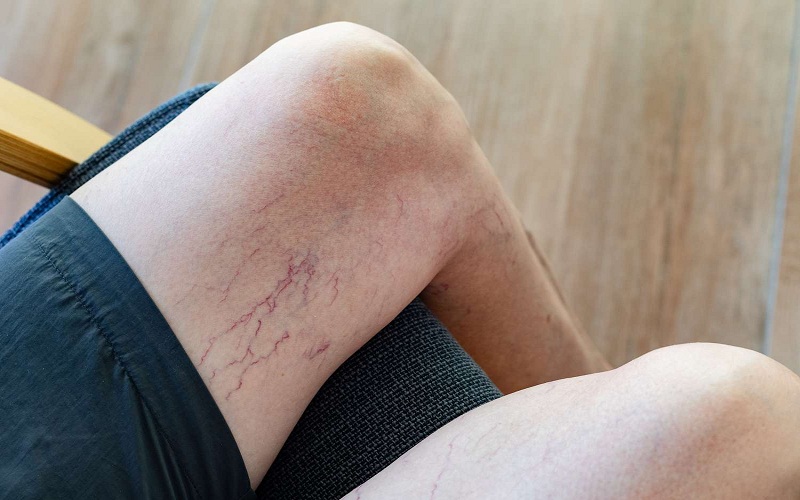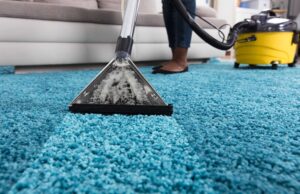
Vein Disorders: A Podiatrist’s Guide To Varicose And Spider Veins
Ever had that crawling feeling in your legs, aching like you’ve run a marathon? Those gnarly, blue highways that twist and turn under your skin, or those scary, spidery patterns that look like alien tattoos? You’re not alone. Varicose and spider veins are more common than you think and they are a fight podiatrist know all too well. Today, we’ll take you on a journey from the bustling clinics of neuroma scottsdale to the intricate world of vein disorders. Buckle up, it’s going to be a fascinating ride.
What Are Varicose and Spider Veins?
Varicose veins are large, raised, swollen blood vessels that twist and turn. They usually develop in the legs and can be seen through the skin. Spider veins are smaller, red, purple, and blue vessels. They also twist and turn. Spider veins are easily visible through the skin, too. They are most often seen on the legs and face.
The Causes – Not Just Standing and Aging!
There are many causes. Some people inherit a tendency for weak vein walls. For others, it’s pregnancy, obesity, or aging. For some, it’s prolonged standing. But for all, it’s the result of pressure inside the veins.
The Symptoms – More Than Just Appearance
Many people feel aching or cramping in their legs. You might feel a burning sensation, a throbbing, or an itch around one of your veins. Some people also experience restless leg syndrome, a hardening of the vein, skin discoloration, or inflammation of the skin.
The Diagnosis – A Simple Examination
To diagnose varicose veins or spider veins, your doctor will do a physical exam. This might include looking at your legs while you’re standing to check for swelling. Your doctor could also ask you to describe any pain and aching in your legs.
Treatment Options – From Lifestyle Change To Surgery
Treatment may involve self-care measures or procedures by your doctor to close or remove veins. Self-care includes exercising, losing weight, not wearing tight clothes, elevating your legs, and avoiding long periods of standing or sitting. Medical procedures include sclerotherapy, laser surgeries, catheter-assisted procedures, high ligation and vein stripping, ambulatory phlebectomy, and endoscopic vein surgery.
We hope this guide gives you a better understanding of varicose and spider veins. Remember, you’re not alone in this fight. Let’s journey together from confusion to clarity and from fear to empowerment!


